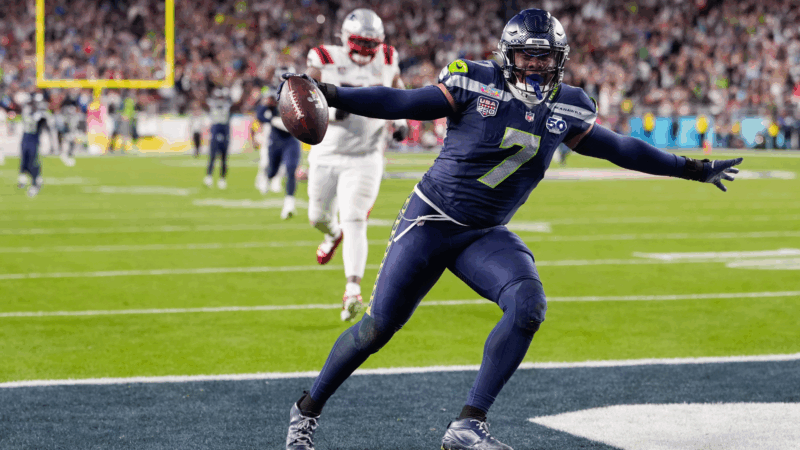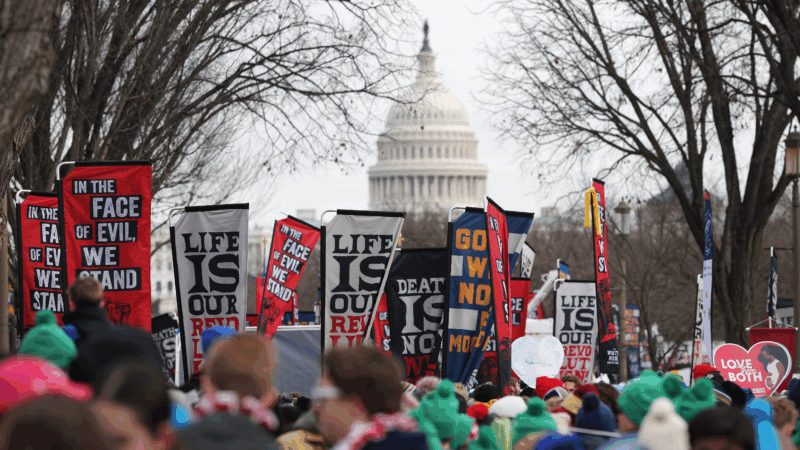Will the Return of UAB Football Boost the City’s Bottom Line?
College football is big business. Just look to last year’s College Football National Championship when the Alabama Crimson Tide and the Clemson Tigers battled it out in Arizona. That one game had an economic impact of more than $273 million, according to a study from Arizona State University.
Boosts in tax revenue came from things such as hotels, retailers, and restaurants. But how much will Birmingham benefit from the return of UAB Football? The team returns to play Saturday after being shut down more than two years ago. WBHM’s Andrew Yeager spoke with sports economist Victor Matheson of the College of the Holy Cross in Massachusetts.
Highlights
The economic impact:
“Certainly it’s going to have some, right? But when economists actually look back at both professional and college sports programs, most of the time what we see is very small or zero economic impact from programs like this.”
The reason economic impact is limited:
“Most attendees at a local game are going to be people from the local community, which means this is money that’s being spent at the football stadium that otherwise would have been spent elsewhere in the local economy … Sports definitely has an impact about where money is being spent but doesn’t have a whole lot of impact about how much total money is spent in total.”
Where a college team makes a difference:
“[Some] might be in it for the feel-good effect … This is something that’s good for Birmingham. In general it gives people an opportunity of something to do on Saturdays. So I think the big thing here is if you’re doing this to create a better environment for students and to create an amenity for the city, that’s something that we can see. We do see some evidence that sports make us happy. We just don’t see a lot of evidence that it makes us rich.”
Seahawks win Super Bowl title, pounding the Patriots 29-13
Seattle's "Dark Side" defense helped Sam Darnold become the first quarterback in the 2018 draft class to win a Super Bowl, to win the franchise's second title.
No, that wasn’t Liam Conejo Ramos in Bad Bunny’s Super Bowl halftime show
A publicist for Bad Bunny confirmed to NPR that the little boy in a blue bunny hat detained by ICE in Minneapolis last month did not participate in the Super Bowl halftime show.
March for Life attendees may have been exposed to measles, DC Health warns
D.C. health officials are contacting people possibly exposed to measles at the March for Life in January, as confirmed cases rise nationwide.
U.S. gave Ukraine and Russia June deadline to reach peace agreement, Zelenskyy says
"The Americans are proposing the parties end the war by the beginning of this summer," Zelenskyy said, speaking to reporters on Friday.
U.K. leader’s chief of staff quits over hiring of Epstein friend as U.S. ambassador
British Prime Minister Keir Starmer's chief of staff resigned Sunday over the furor surrounding the appointment of Peter Mandelson as U.K. ambassador to the U.S. despite his ties to Jeffrey Epstein.
Trump administration lauds plastic surgeons’ statement on trans surgery for minors
A patient who came to regret the top surgery she got as a teen won a $2 million malpractice suit. Then, the American Society of Plastic Surgeons clarified its position that surgery is not recommended for transgender minors.







